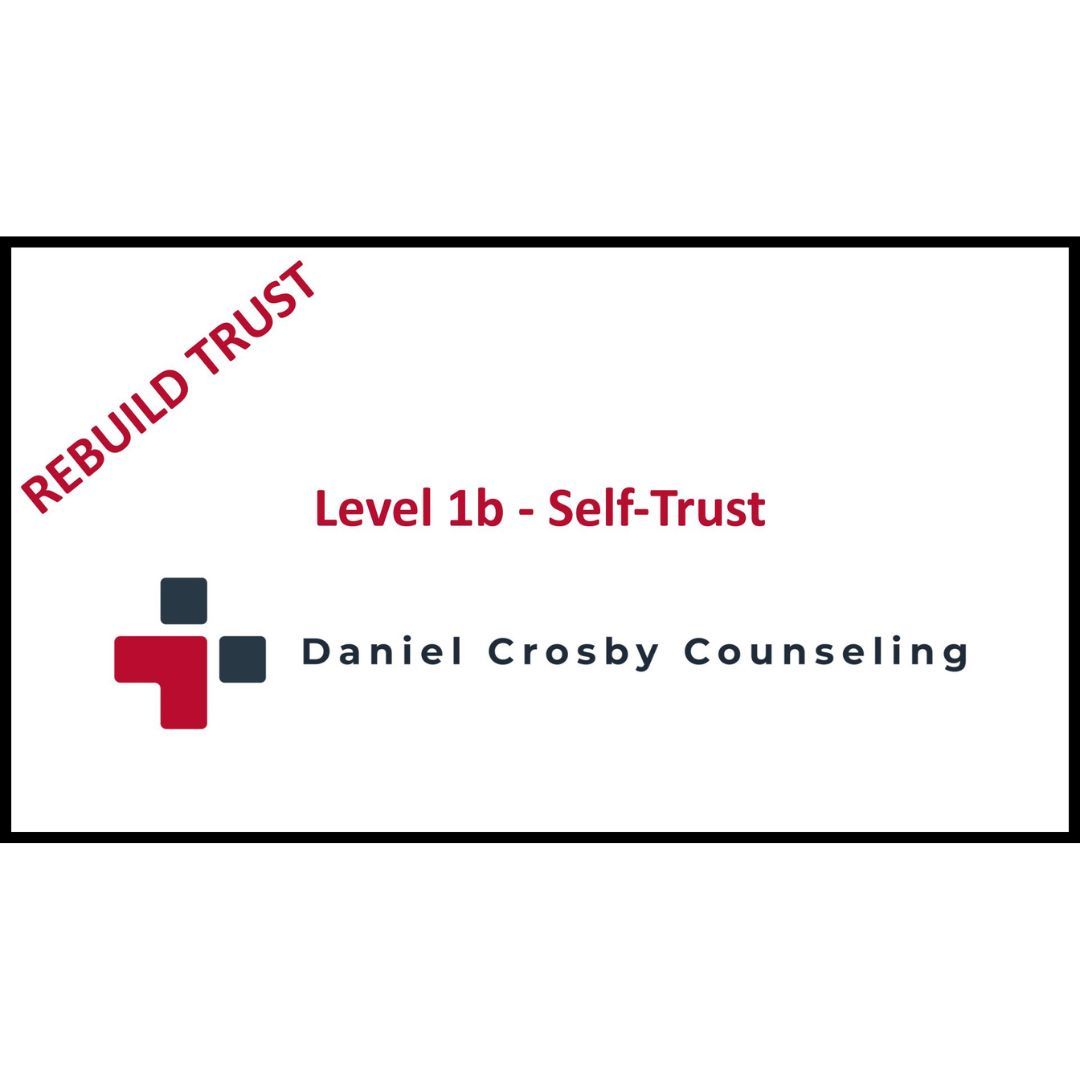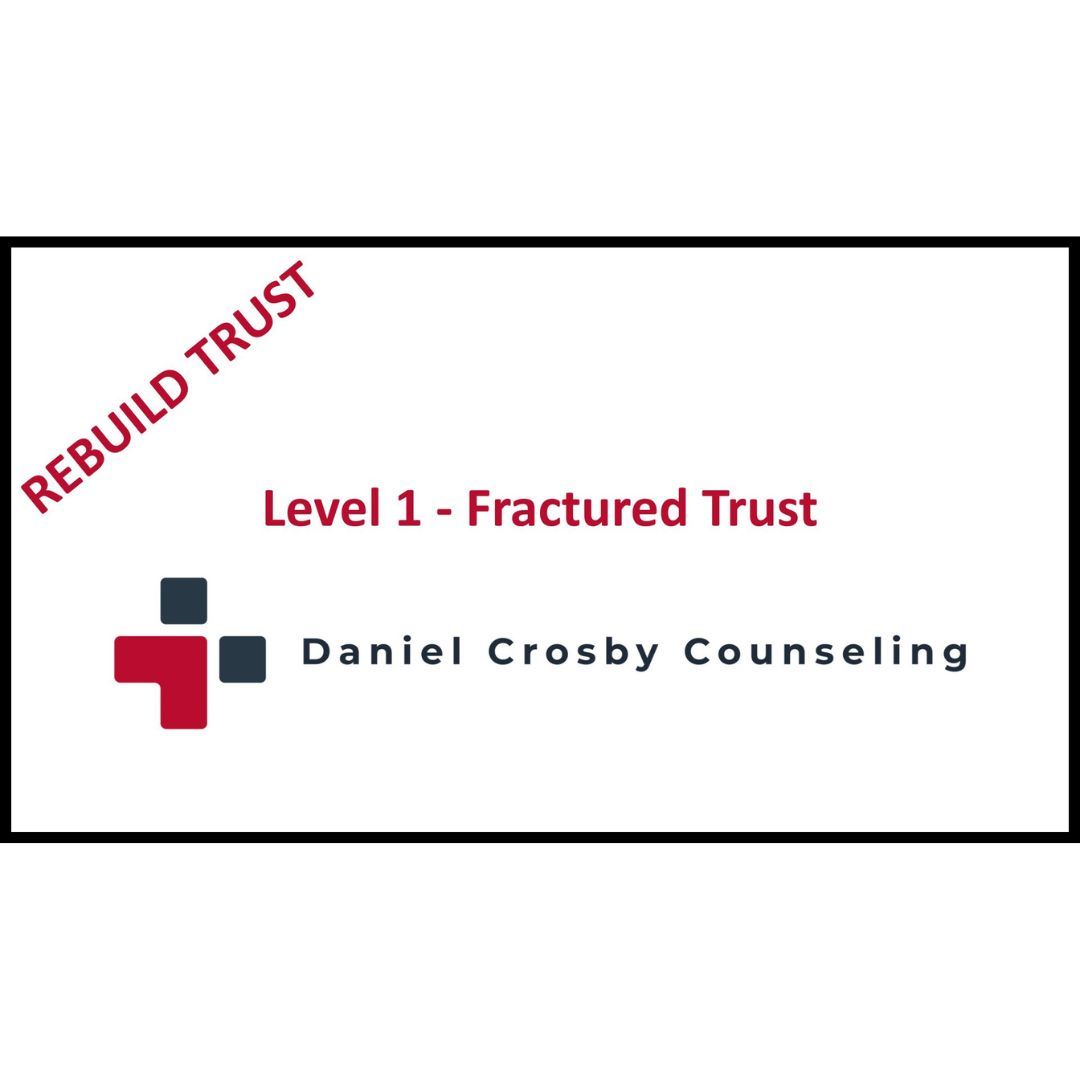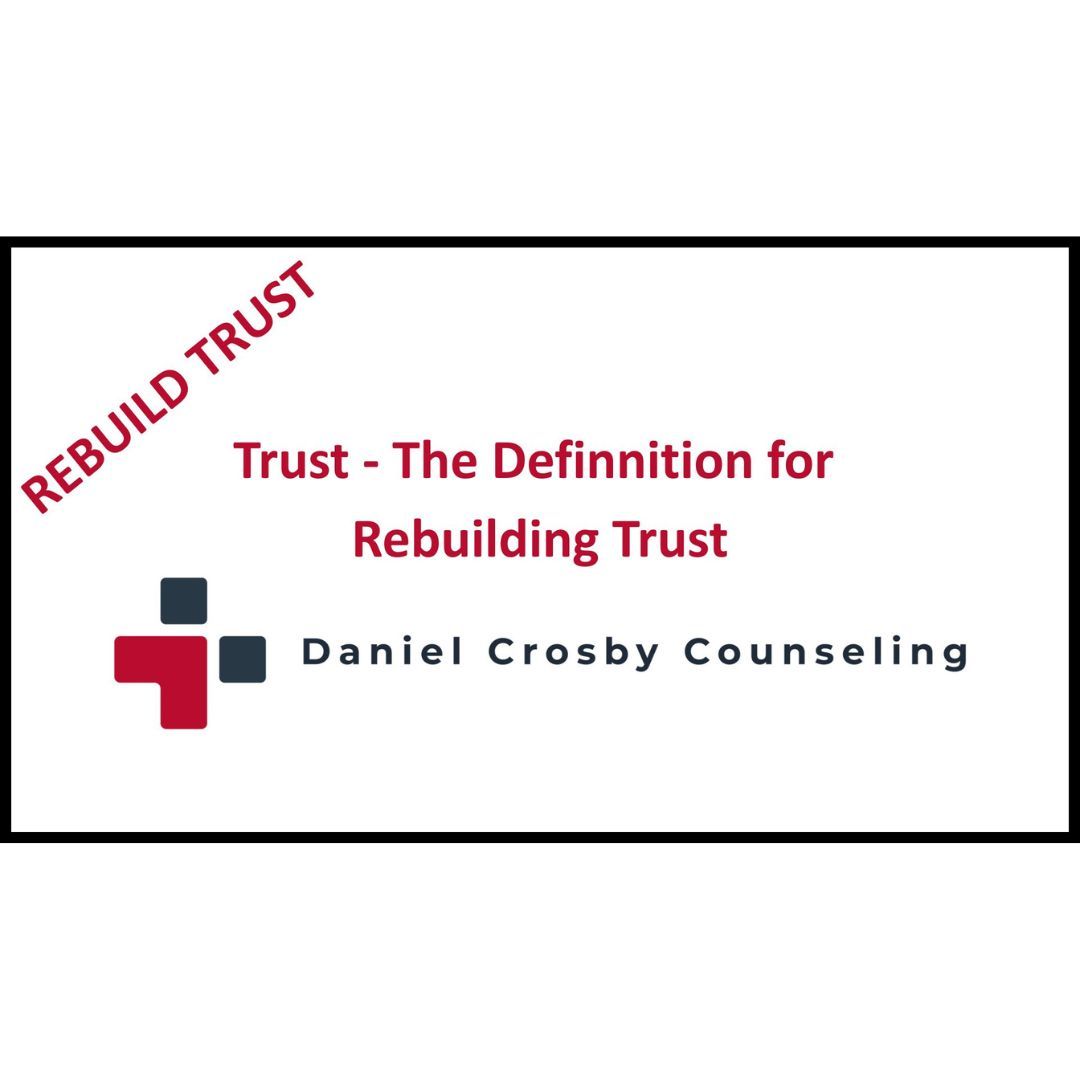"Don't Believe Everything You Think" Book Review
Daniel Crosby • July 16, 2025
“Don’t Believe Everything You Think” by Joseph Nguyen is interesting. It’s one of those books where you need to grab hold of the concepts that are of benefit and toss the ones that aren’t. There’s some new-agey stuff in it that sounded like fluff to me but I had one big takeaway that I’ll use.
Here it is:
THOUGHTS are great!
THINKING can become problematic.
When you have a thought, that is neutral. It’s a fact. It’s what we do with that thought that then becomes helpful or harmful.
When I take that factual thought and I begin over THINKING, JUDGING myself, SPIRALING into worst case scenarios, then the thought ceases to be productive.
I’m confessing to you here. I’m raising my right hand. “Hi, my name is Daniel and I am an overthinker.” And then the crowd at the meeting replied I unison, “Hi Daniel.”
Accept the thought but keep an eye on it because if the thought begins to get squirely and become self-critical or catastrophize then we need to snap ourselves back to reality.
He gives you a little practical help with this but it’s only a 2 hour audiobook so it’s limited.
Hey, that’s why you should come see me for counseling though. As an overthinker, we can work together to find ways to help your overthinking.
It’s worth a read though. “Don’t Believe Everything You Think” by Joseph Nguyen.

Level 1b: Self-Trust After betrayal, many people don’t just lose trust in their partner, they lose trust in THEMSELVES. “Did I miss the signs?” “Was I naive?” “Can I ever trust my own judgment again?” Rebuilding self-trust is not about becoming fearful or suspicious of everyone. It’s about reconnecting with your perceptions, instincts, and internal signals and learning to respect them again. Maybe you sensed something was off but talked yourself out of it to preserve the relationship or the family. That doesn’t mean you’re bad it means you were trying to do the right thing and ended up getting bit. This level runs through EVERY stage of trust rebuilding. Even as your partner becomes more consistent, your work is to begin to listen to your inner self again. When self-trust grows, you’re no longer relying entirely on your partner’s behavior to feel safe. You begin to carry safety inside yourself again. For the partner who caused the harm: Be patient. Support your partner in regaining confidence in their own feelings and reality. Avoid defensiveness, minimizing, or anything that resembles gaslighting. For the betrayed partner: Practice trusting your instincts and emotional responses. Recall times when you listened to your gut well. Reestablish what you will and will not accept in a relationship and honor those boundaries consistently.

Level 1: Fractured Trust After a betrayal trust shattered. People in this level say, “Everything feels broken. I don’t know if I can ever trust again.” That makes sense, because betrayal doesn’t just hurt your heart; it disrupts your sense of reality and safety. But you’re still here; still considering what repair might look like. The fact that you haven’t walked away entirely says there’s a part of you that hopes healing might be possible. Level 1 is not about forgiveness or resolution. It’s not about moving on. It’s about honesty, stabilization, and finding safety again. This is also a time to avoid impulsive emotional decisions. You don’t have to decide the future today. You just have to survive today and take good care of yourself. You don’t have to know yet whether trust can be rebuilt. Right now, the only question is: Can we create enough safety for healing to begin? And that… is a powerful place to start. For the partner who caused the harm: Acknowledge the pain without defending, minimizing, or explaining it away. DO NOT SAY: “I didn’t mean to,” or “It wasn’t that bad,” or “You’re overreacting.” SAY THIS: “I see the damage. I take responsibility. I’m willing to repair.” Your tone, attitude, and consistency matter more than your words right now. For the betrayed partner: Your work is not to “get over it,” but to let the pain be real without letting it control your life. Try not to distract or numb yourself to the point that you can’t feel anything. This is where trusted friends, a good therapist, or a pastor can come alongside you to help.

Before we jump into the Levels of Trust, it's important that we have a good working definition of how to rebuild trust. "AUTHENTIC CONSISTENCY WITH TRANSPARENCY OVER TIME" Authentic - This cannot be manipulative, spiteful, fake, or contrived. It is humble, cheerful, and freely given. Consistency - Tell me what you're going to do and then do it. Transparency - Whatever you do, do it wide open. No hidden actions, agendas, or ulterior motives. Time - Do it over and over again for as long as it takes. Focus on this definition as we jump into the Levels next time!

